Compromised passwords: How it happens and what to do
Getting an alert that one of your passwords is compromised can be scary, especially if you don’t know what to do next. Learn how it might have happened, what it means for your cybersecurity, and how to respond to protect your accounts. Then, get a security tool that can help you monitor where your sensitive information appears online.
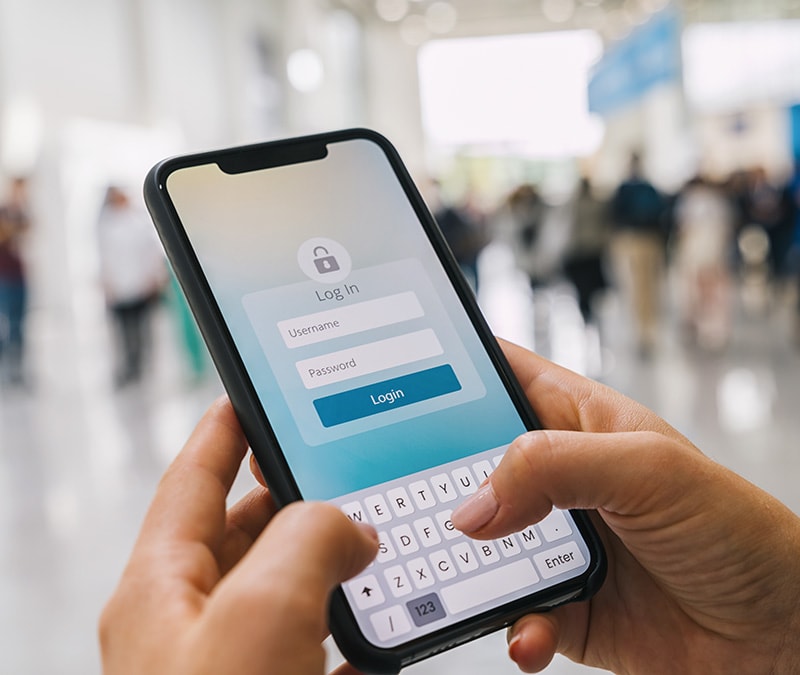
Passwords are the first, and arguably most important, line of defence protecting your online accounts and, by extension, your digital identity. But they’re under constant threat.
In 2025, Cybernews discovered datasets containing almost 16 billion stolen login credentials, potentially exposing millions of people to the risk of their passwords, usernames, and email addresses being used by fraudsters or other cybercriminals.
Datasets like this one are packed full of compromised passwords that have been exposed through data leaks, data breaches, or infostealing malware. But how are you supposed to know if your password is vulnerable? And what do you do if it is? Read on for a full guide.
How passwords get compromised
Passwords generally get compromised through large-scale data breaches, malware attacks, or unsafe online habits. Hackers can steal millions of passwords at once by breaking into company databases or sneaking malware onto personal devices, often disguised in email attachments or fake software.
But individuals can also be targeted through phishing attacks, fake websites, and “man-in-the-middle” attacks leveraging unsafe public Wi-Fi networks.
Here's a closer look at some of the main ways your password can be compromised:
- Data breaches: A data breach occurs when hackers break into a company’s system and steal user data, like passwords, en masse. If you have an account with a company that suffers a data breach, your password or email address may have been compromised.
- Data leak: A data leak happens when sensitive information held by an organization is exposed due to security lapses or accidents. Companies have a responsibility to protect your data, but they’re not always successful. Avoiding companies with a bad reputation for data security can help you mitigate this risk.
- Malware: Malware is malicious software that’s distributed by cybercriminals with the aim of “infecting” as many devices as possible. Some varieties can capture your keystrokes and send your passwords to hackers, while others can even let hackers control your computer remotely.
- Phishing attacks: Phishing attacks involve fraudsters sending fake emails or texts designed to trick you into sharing your login information. Phishing messages may contain links to fake websites that steal your login credentials or dangerous attachments that infect your device with malware when you download them.
- Credential stuffing: Credential stuffing occurs when attackers test usernames and passwords that were exposed from one website on other websites, hoping you reused them. This is why it’s so important to use unique passwords for each online account you create.
- Public Wi-Fi: Public Wi-Fi is often unsecured, a weakness that hackers can exploit to intercept data like passwords you enter on websites while connected to the network.
What happens if your password gets compromised
If your passwords are compromised, it means they’re available on the internet or dark web. This exposes them to hackers or cybercriminals, who may be able to use them to access your accounts, potentially leading to financial loss, identity theft, and damage to your personal or professional reputation.
Here’s a closer look at some of the possible repercussions of your passwords being compromised:
- Unauthorized account access: Hackers with access to your passwords can log into your accounts, change settings, lock you out, and steal your personal information.
- Identity theft: Criminals may use sensitive personal info stored in the accounts they access to open new financial accounts or commit fraud in your name.
- Financial loss: Cybercriminals can steal money directly from any banking, credit card, or payment app accounts they have the passwords for.
- Reputation damage: Attackers can post harmful content or send messages to your friends or family pretending to be you, harming your reputation and leaving your connections vulnerable to scams.
The impact of one compromised password can quickly spiral, especially if you use that same password across multiple accounts. One Reddit user found that out the hard way after their Instagram password was compromised. They initially got locked out of that account, later noticing spam posts on their profile.
The hacker then accessed their Amazon account to make unauthorized purchases and eventually took over their Telegram and Facebook accounts, too.
And despite changing their passwords and enabling two-factor authentication, the victim continued to suffer breaches — the attacker even hacked into the victim’s bank accounts using social engineering tactics.
How to tell if your password is compromised
Unexpected account activity, issues logging in to an account, or alerts from security tools are all key warning signs that one of your passwords may be compromised. But you can also take proactive steps to check if your password is compromised, by scanning the dark web for example.
Watch out for the following signs that your passwords are compromised:
- Unexpected login alerts: You may get notifications if someone attempts to log in to one of your accounts from a new device or an unfamiliar location.
- Locked out of your accounts: If your password suddenly stops working and you can’t reset it, someone may have changed it to lock you out of the account.
- Unauthorized activity: Watch for purchases you didn’t make on your financial statements, changes to your online account settings, or social media messages sent without your knowledge.
- Dark web exposure: If your password shows up in dark web scans, it’s been exposed. You can get access to dark web monitoring features through Norton 360 with LifeLock, with automatic alerts if your data is found.
- Previous leaks: If your password is on a list of common passwords or flagged on sites like HaveIBeenPwned, it’s vulnerable, even if no one has used it yet.
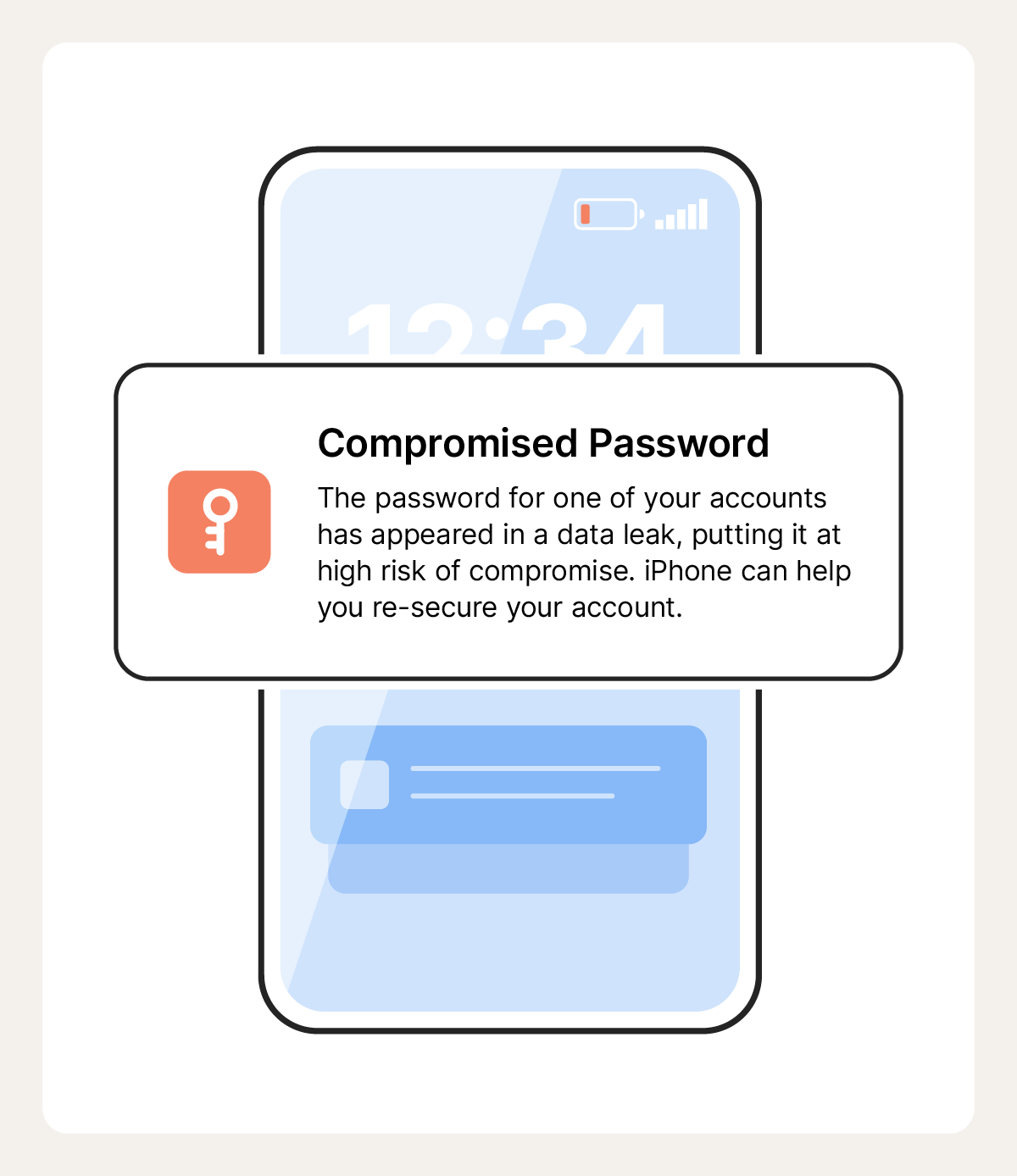

What to do if your password is compromised?
If your password is compromised, the following steps can help protect your accounts and personal information. Act quickly to reduce the risk that the incident turns into something more serious, like identity theft.
- Change your passwords: Update the compromised password immediately. Then, make sure all of your other accounts are better protected with strong, unique passwords.
- Enable two-factor authentication: Add an extra layer of security to your vulnerable accounts by enabling two-factor authentication (2FA). This way, even if someone has your password, they still need to enter a verification code sent to your phone number to log in.
- Monitor accounts for suspicious activity: Keep a close eye on your financial, email, and social media accounts for any suspicious activity, like unusual login attempts, fraudulent transactions, or settings changes.
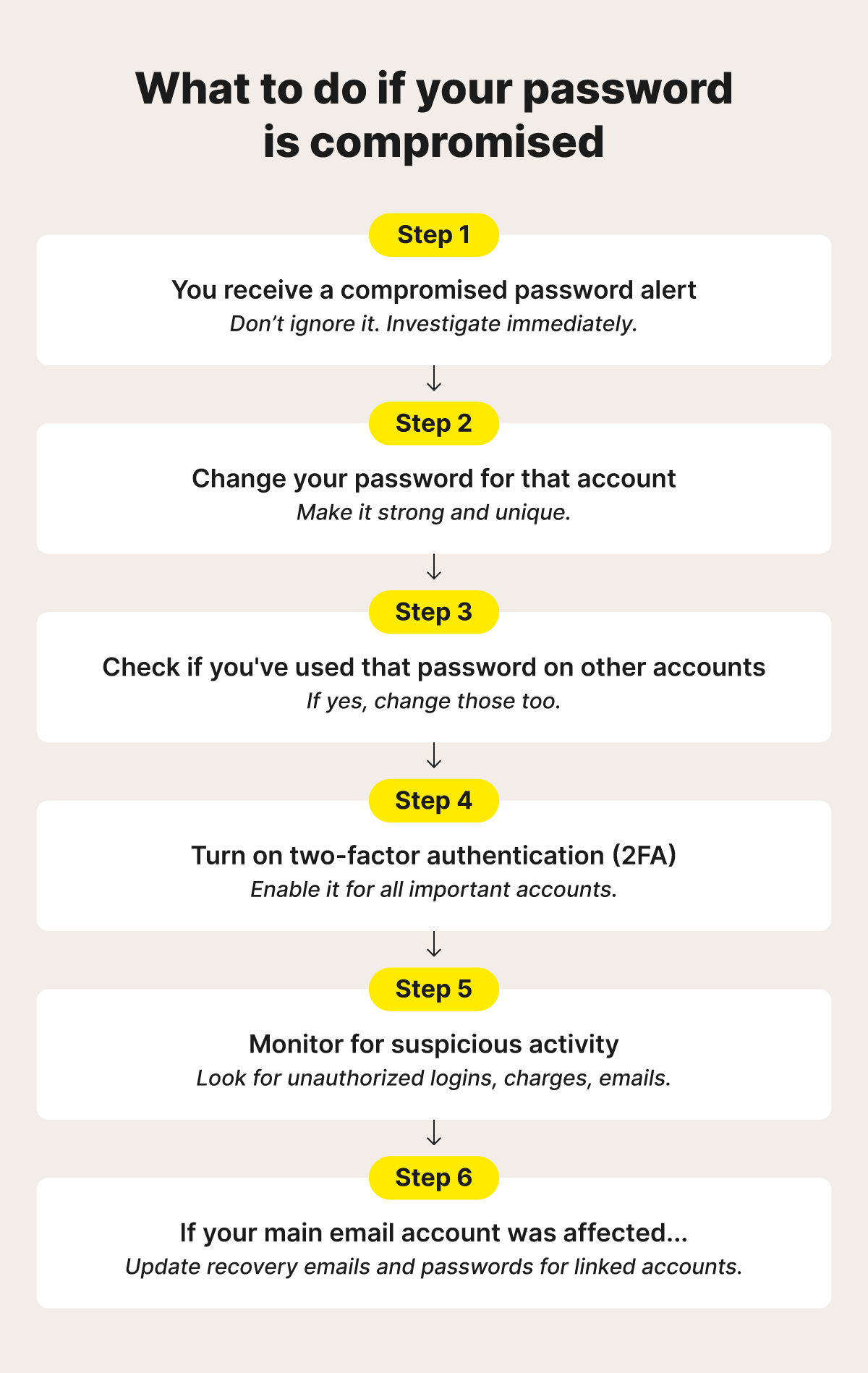

How to protect against the risks of compromised passwords
The single most important password security tip is to use strong, unique passwords for all of your accounts to avoid one being compromised spiraling into a disaster.
Other sensible steps to take include minimizing your online footprint, using 2FA wherever possible, upholding good cybersecurity habits, and monitoring for personal information exposure using security software.
Here’s more detail on how these strategies can help keep your passwords safer in the first place and alert you if they do get compromised:
- Use unique passwords: Avoid reusing passwords at all costs, instead creating new passwords that are long, complex, and hard to guess each time you open a new account. Try using a password generator to create strong passwords.
- Use a password manager: A password manager can help you securely and conveniently store thousands of unique passwords, so you don’t have to remember them all. These tools also often include built-in password generators.
- Enable 2FA whenever possible: Using 2FA on your online accounts significantly reduces the risk if one of your passwords is compromised. Hackers will struggle to get into your account without a verification code that’s sent to your phone or email.
- Be wary of phishing attacks: Don’t click suspicious links or enter passwords on unfamiliar websites or in messages you receive from unknown senders. Always double-check that a request is legitimate and, if you’re ever in doubt, err on the side of caution.
- Use dark web monitoring: Dark web monitoring features, like the one included in Norton 360 with LifeLock, continuously scan the dark web and notify you if your passwords are found so you can take action to help prevent an account breach.
- Be conscious of your online footprint: The more accounts you open, the more passwords you have, the more likely it is that one will be compromised. Always consider whether you really need a new account before creating it.
- Invest in security software: Cybersecurity and identity protection tools like Norton 360 with LifeLock can detect fraud or identity theft threats in the aftermath of your password being compromised, giving you the warning you need to try and mitigate damage.
Protect your passwords with Norton
One of the best ways to defend against fraud or identity theft is to protect your passwords before they’re compromised. Norton 360 with LifeLock can help by detecting malware or online scams that aim to steal your login credentials. At the same time, it also monitors for your personal information on the dark web so you can spot threats that slipped through the net.
With the right habits and tools to help, stay one step ahead of cybercriminals aiming to steal your information.
FAQs
What are the best tools to check for breached passwords?
The best tools to check for breached passwords include Norton 360 with LifeLock, HaveIBeenPwned, and Google Password Checkup. These services scan known data breaches and alert you if your credentials have been exposed, helping you secure your accounts quickly.
Should I delete compromised passwords?
You can’t “delete” compromised passwords from the places they’ve been leaked. Once exposed, they may be stored or shared by hackers. The best response is to immediately change any compromised passwords and avoid reusing them. Then, use strong, unique passwords for any new accounts going forward and monitor for future breaches to help stay safer in the future.
Why is my phone telling me my passwords are compromised?
Apps on your phone may alert you when it detects that your passwords have been exposed or used in suspicious login attempts. These warnings are designed to help you act quickly to change compromised passwords and protect your accounts from unauthorized access.
Editorial note: Our articles provide educational information for you. Our offerings may not cover or protect against every type of crime, fraud, or threat we write about. Our goal is to increase awareness about Cyber Safety. Please review complete Terms during enrollment or setup. Remember that no one can prevent all identity theft or cybercrime, and that LifeLock does not monitor all transactions at all businesses. The Norton and LifeLock brands are part of Gen Digital Inc.
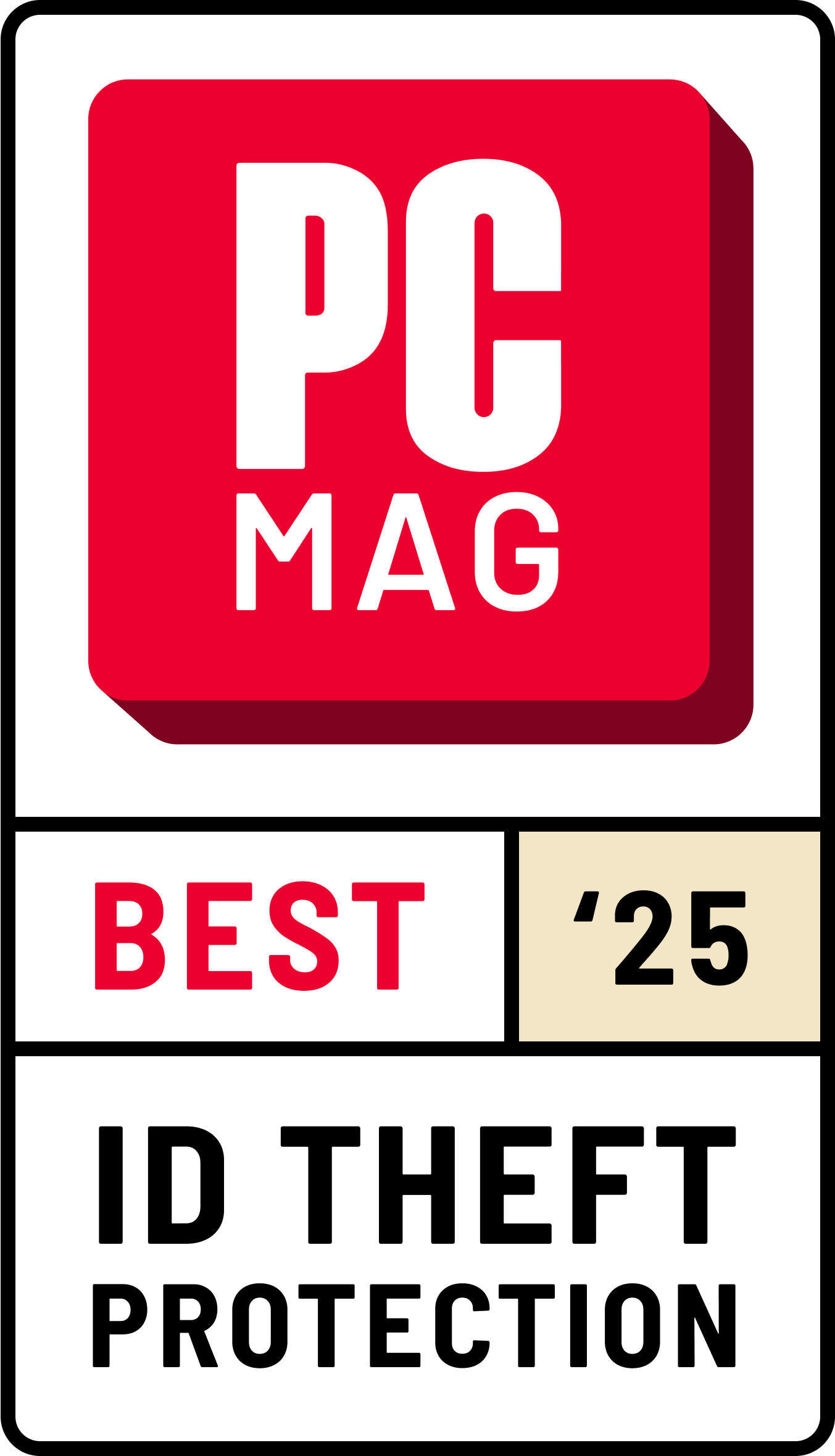




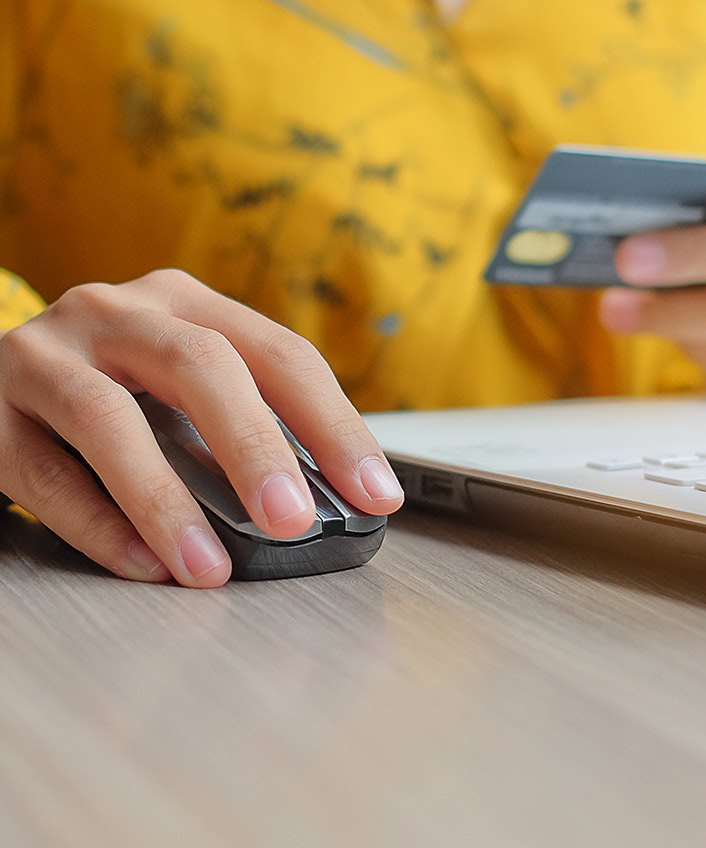

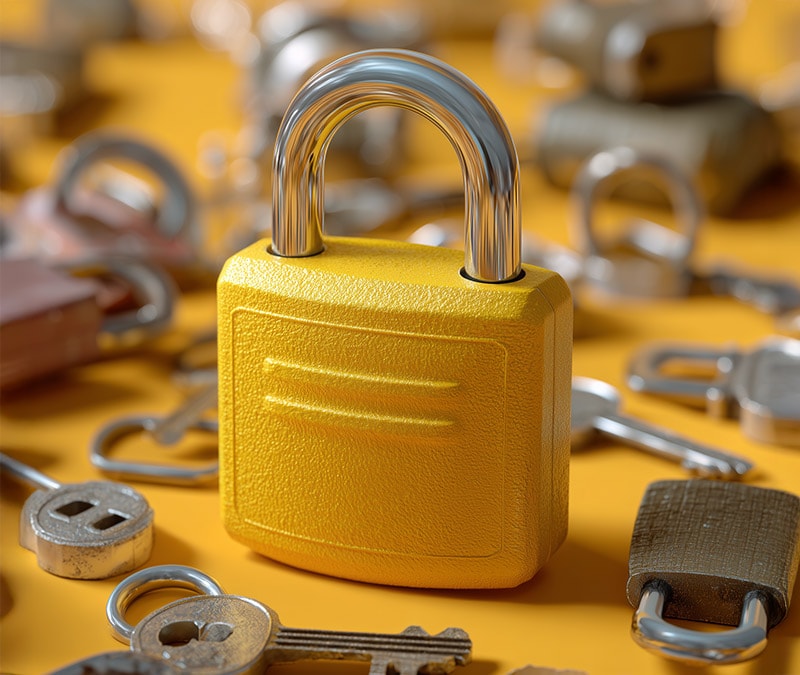

Want more?
Follow us for all the latest news, tips, and updates.